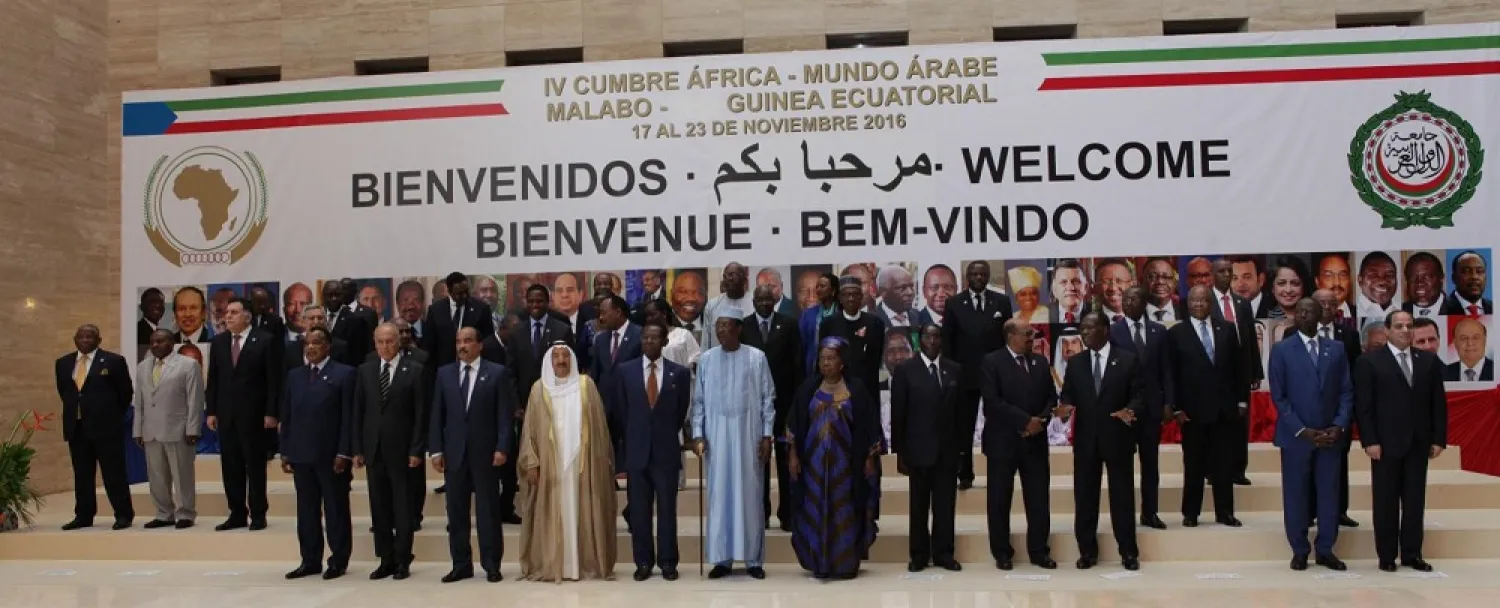An Arab League committee met in Cairo on Sunday to prepare for a congress of the Arab and African ministers of agriculture that will be held in Egypt on November 9 – 11.
The recommendations of the ministers’ meeting will be submitted to the Arab-African Summit, scheduled for Riyadh on November 25.
This is the forth meeting of the committee, which is attended by representatives from the Arab League, the African Union and Egypt, which hosts the summit of the Arab-African ministers of agriculture.
Following Sunday’s meeting, Ambassador Kamal Hassan Ali, Assistant Secretary-General for Economic Affairs at the Arab League, told reporters that participants discussed the technical papers that should be presented during the congress, adding that a fifth meeting will be held on November 3 for this end.
“The congress aims to boost cooperation between Africa and Arabs, particularly in the agricultural field, one of the main items on the agenda of next month’s Riyadh summit,” he added.
Asked whether the Arab League was satisfied with the progress of Arab-African cooperation after several meetings were held in this regard, he replied that efforts were ongoing to strengthen these ties, which he described as broad and wide-ranging.
On whether the current Israeli infiltration in Africa would have any negative impact on these relations, Ali stated: “Israel seeks such objectives, however, joint Arab-African joint cooperation will foil conspiracies plotted by any party.”









